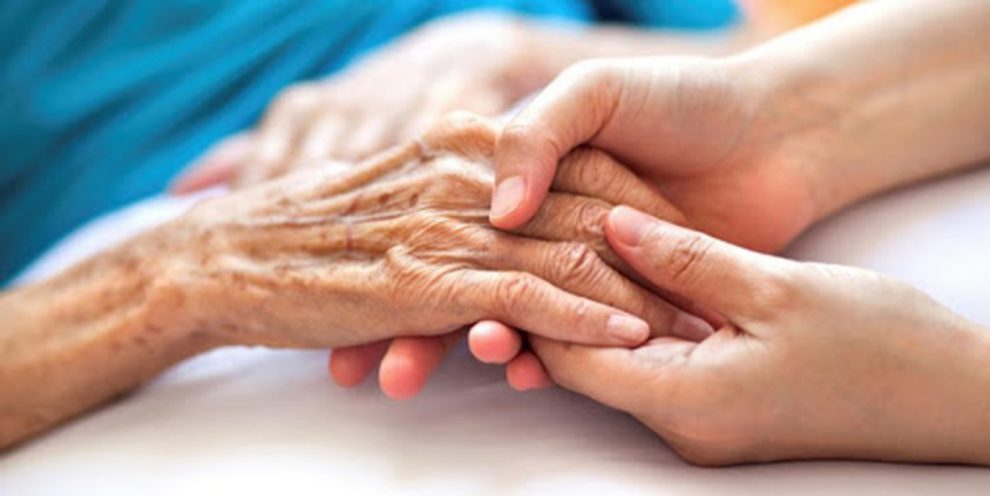THE NUMBER of domiciliary carers being recruited in Swansea is starting to exceed the number of those leaving, and fewer elderly people are waiting to leave hospital because of a lack support in the community.
Adult social services leaders told councillors on a scrutiny group these were positive signs after a particularly difficult period during Covid. But they warned there was still a national shortage of care workers, some of whom were applying for new posts elsewhere for work or family reasons.
Domiciliary carers are a vital cog in helping mainly frail, elderly people live independently at home. Swansea Council has an in-house service, but pays companies to provide the majority of domiciliary care.
Amy Hawkins, the council’s head of adult services, said the domiciliary care market had stabilised after a “roller-coaster” recent past.
“All credit to the (external) providers,” she said. “They have been exceptional in incredibly challenging times.”
She said Swansea commissioned 20 external domiciliary care providers compared to 18 this time last year. These companies have recruited an additional 13 staff over the past week, she said, taking their combined workforce to around 750.
Ms Hawkins added that the council was now able to provide domiciliary care to around 100 more people in Swansea than the same period in 2022. An up-to-date figure for the number of people in receipt of such care wasn’t given, although the figure for March this year was 879.
Helen St John, the council’s head of integrated community services, said in response to a question by councillor Jeff Jones that the number of carers taking up posts in Swansea was keeping pace with and exceeding the number of leavers.
Citing the national carer shortage and greater opportunities for work or promotion elsewhere this created for staff, she said: “What we are trying to do is make Swansea the most attractive and appealing place to work.”
Ms St John said there were around eight patients in hospital who were waiting for a package of domiciliary compared the mid to high 20s in recent years. Lower numbers mean an improved flow of patients through hospitals and lower ambulance handover times.
Ms St John also said there was increased capacity in so-called reablement settings, where recently-discharged patients get extra help to get them back home, although she added that some people were waiting for the service.
Cllr Louise Gibbard, cabinet member for care services, said the story of high numbers of patients getting stuck in hospitals over the pandemic and Christmas period received a lot of publicity.
“So it’s really nice to to be able to say things are moving in the right direction,” she said. “It would be nice if the media focuses as much attention when things were going in a good way.”
Cllr Jones asked if the extra care provision being provided or commissioned was affecting the council’s finances.
Ms Hawkins said demand was greater and that costs were increasing. “So we can’t shy away from that fact,” she said.
Health leaders in Wales warned last September that 1,000 to 1,500 patients were unable to leave hospital because of a lack of onward social care – the equivalent of taking the country’s biggest hospital out of the system.
In June 2022 a cross-party Senedd committee called for an overhaul of social care pay and conditions to bolster recruitment and retention. Its report said: “It should not be the case that social care is losing staff to the NHS—the sectors must align and support each other.”
Pay and career development for social care workers is one of the areas being looked by the Welsh Government as part of a consultation about strengthening the sector.




















